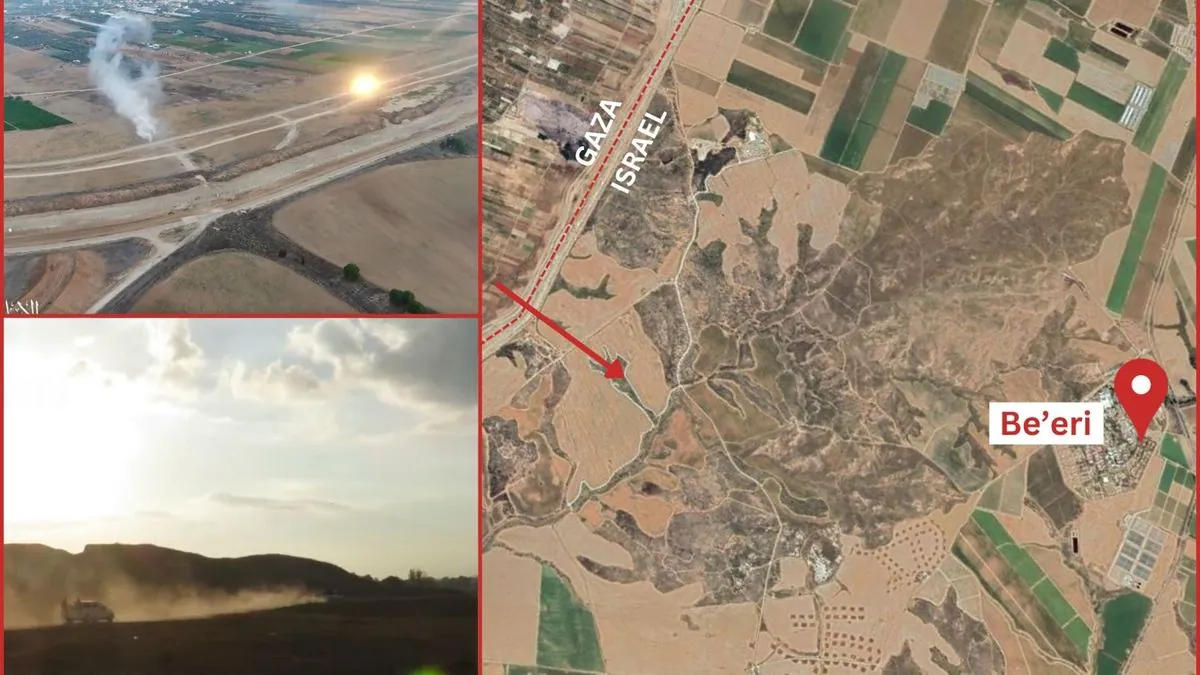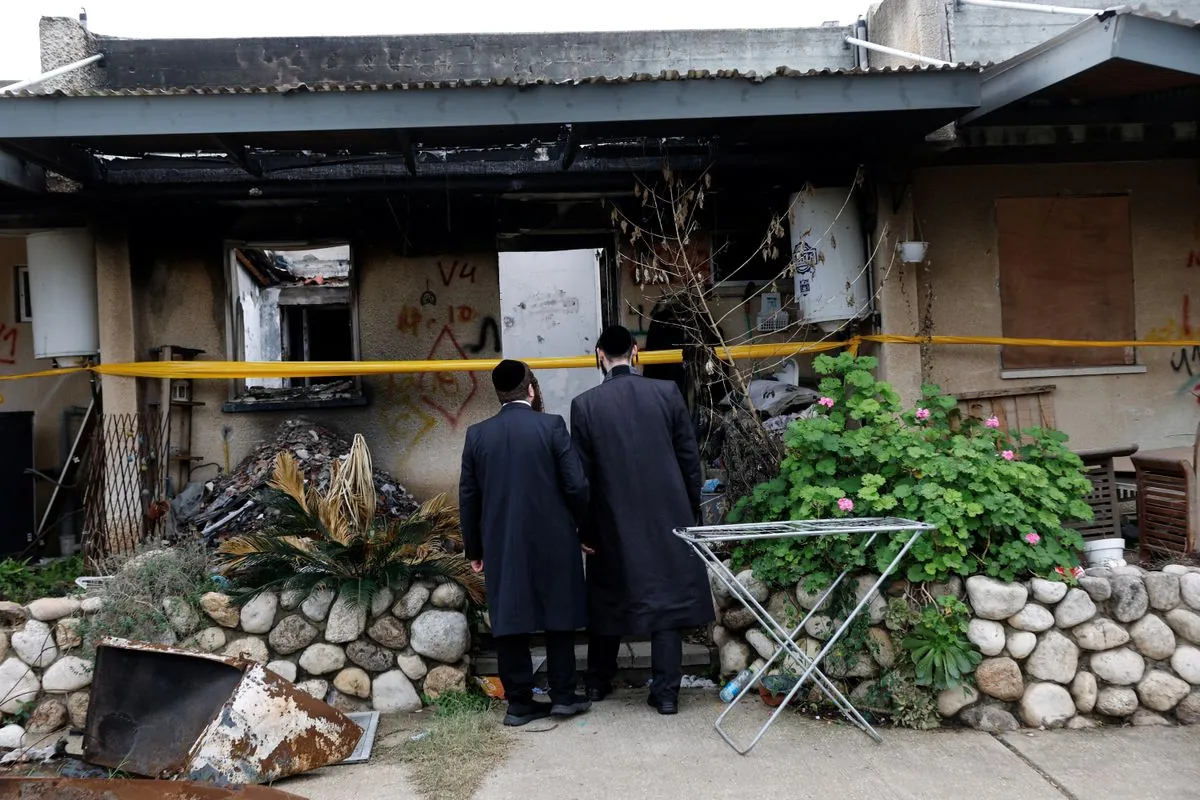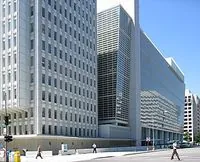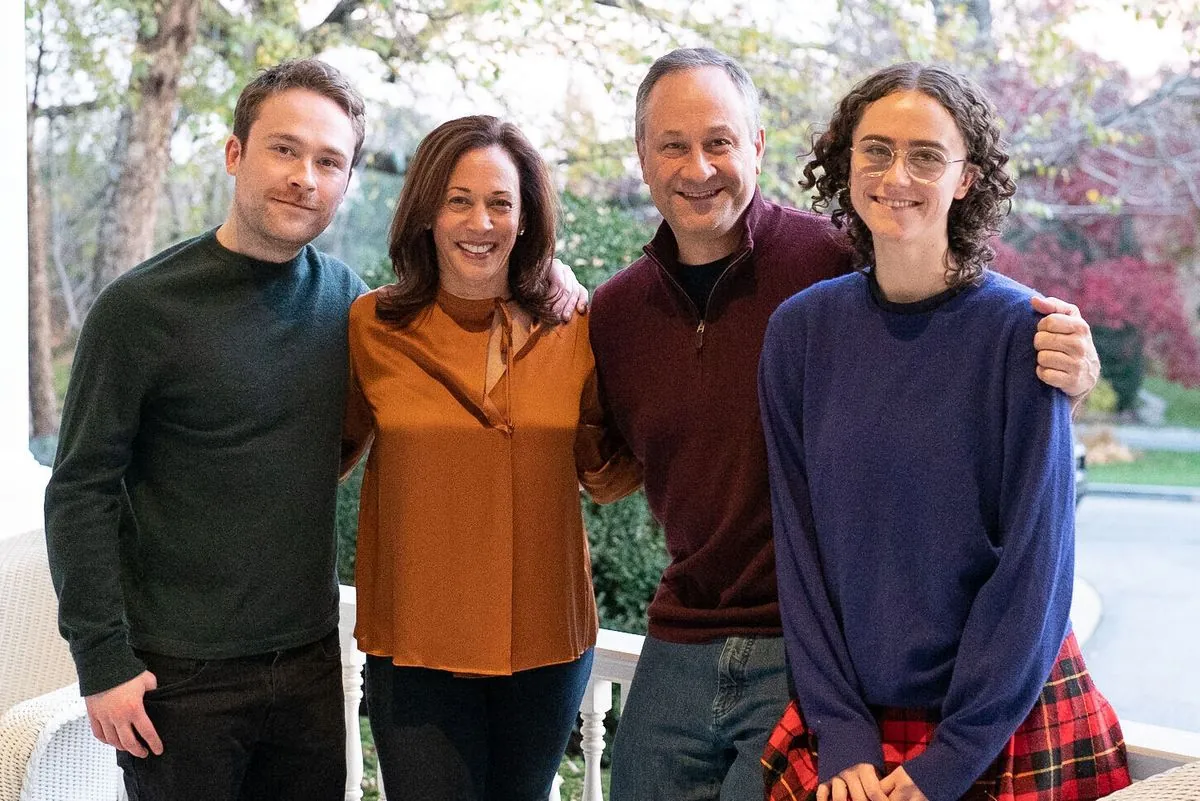Kfar Aza: A Year After Hamas Attack, Kibbutz Grapples with Uncertain Future
One year after a devastating Hamas attack, Kibbutz Kfar Aza residents face challenges returning home. The community grapples with trauma, security concerns, and doubts about rebuilding their lives near Gaza.

One year has passed since the Hamas attack on Kibbutz Kfar Aza, a small agricultural community located just 3 kilometers from the Gaza Strip border. The events of October 7, 2023, have left an indelible mark on this once-thriving kibbutz, founded in 1951 as part of Israel's efforts to settle the Negev desert.
Today, Kfar Aza stands as a stark reminder of the ongoing Israeli-Palestinian conflict, its bullet-riddled houses and scattered belongings telling a story of violence and displacement. Of the 1,000 residents who once called this kibbutz home, only about 50 have returned, living among the remnants of a community shattered by the attack that claimed 64 civilian lives and resulted in 19 hostages being taken to Gaza.
The kibbutz, known for its avocado and pomegranate orchards, now faces an uncertain future. Residents grapple with the trauma of that fateful day and struggle to envision a safe return to their homes. Liora Eilon, whose son Tal was killed in the early moments of the attack, expresses the deep-seated mistrust many feel towards the government: "How can I trust the government who abandoned me here, who betrayed me, promised me that my family was safe here?"

The Israeli government has pledged to rebuild Kfar Aza, but residents remain skeptical. Temporary housing is being constructed in nearby Kibbutz Ruhama, with plans for residents to return to Kfar Aza after two years. However, the community is divided on whether they can ever feel secure living so close to Gaza again.
The attack has also raised serious questions about the military's response and the government's accountability. Residents criticize the delayed arrival of soldiers and the collapse of the command structure during the crisis. The military has launched an investigation, but the government has postponed a full inquiry until the end of the ongoing war in Gaza.
"Are we going to live inside a memorial? Are we going to see a plaque every few meters, he was killed here and he was killed here? I don't know yet."
The hostage situation continues to cast a long shadow over the community. Simona Steinbrecher, whose daughter Doron remains captive in Gaza, feels frozen in time: "Without Doron, it's still the seventh of October. And we won't go home until she's home."
As the one-year anniversary approaches, many residents are boycotting the government's commemoration ceremony, choosing instead to hold a small tribute at the kibbutz. This reflects the deep-seated anger towards a government they feel failed to protect them and has yet to take responsibility for its perceived failures.
The future of Kfar Aza is inextricably linked to the broader Israeli-Palestinian conflict. Some residents, like Marcus Scharfstein, believe security can only be achieved through a hardline approach, including the reestablishment of Jewish settlements in Gaza. Others, like Liora Eilon, advocate for dialogue and coexistence: "We've tried war enough times and it never led to anything good."
The story of Kfar Aza is a microcosm of the larger challenges facing Israel and Palestine. As the community struggles to rebuild, it serves as a poignant reminder of the human cost of conflict and the urgent need for a lasting peace solution in the region.


































